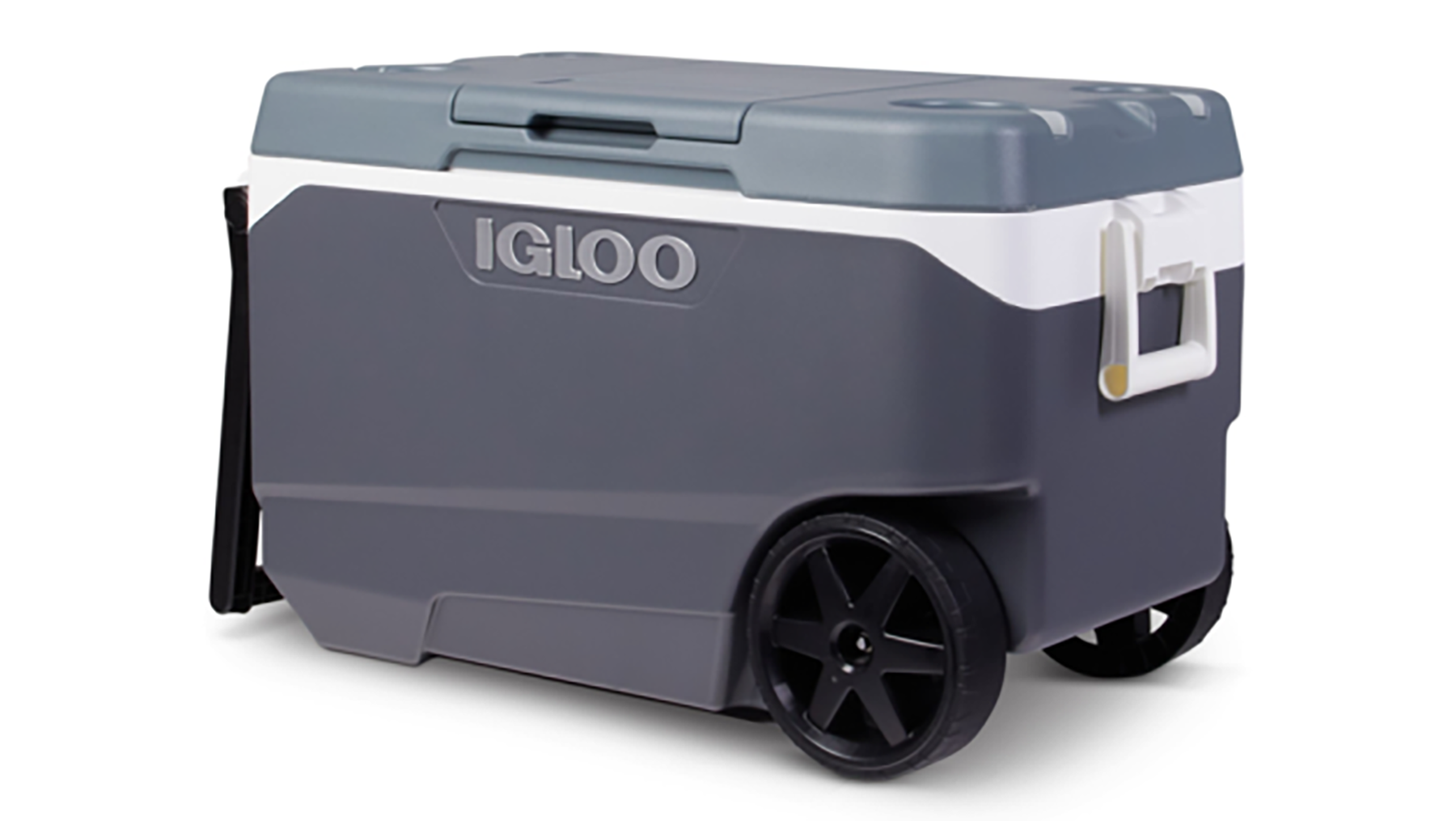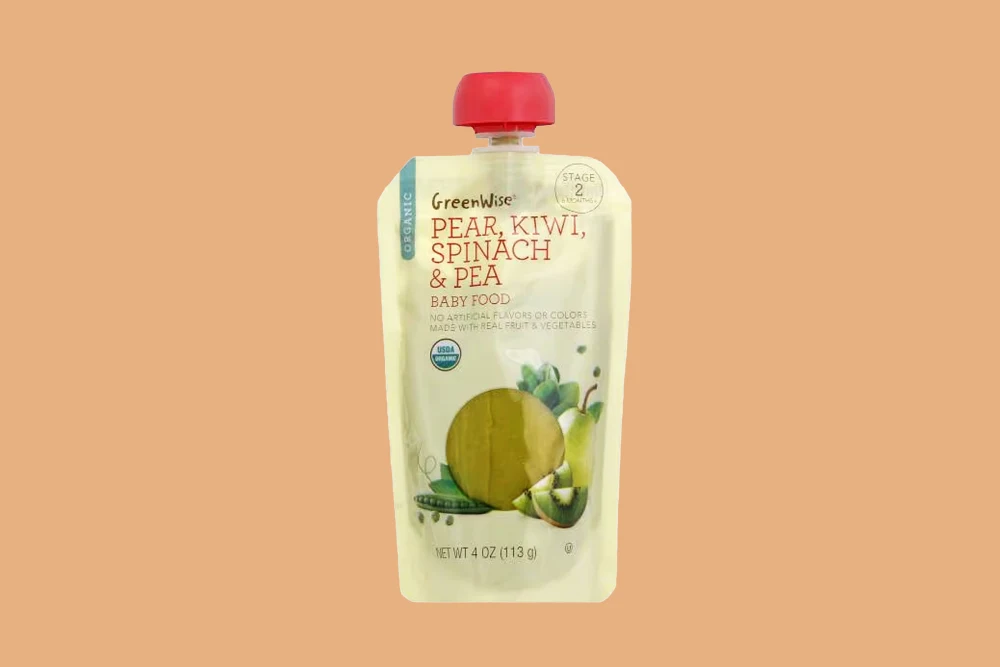Salmonella Tomato Recall: 11 States at Risk – Check Yours!
Tomato Alert! Multi-State Recall Over Salmonella Concerns
Introduction: Are Your Tomatoes Safe? The Latest on the Recall
Have you recently purchased vine-ripe tomatoes? If you live in one of the 11 states affected by a recent recall, it's time to double-check your fridge. A multi-state tomato recall has been issued due to potential salmonella contamination, according to the Food and Drug Administration (FDA). We're diving into the details of this recall, what you need to know to stay safe, and what it means for your dinner plans. Think of it like a detective story, only with tomatoes as the main suspect!
The Culprit: Ray & Mascari Tomatoes Under Scrutiny
The tomatoes at the heart of this recall come from Ray & Mascari Inc. of Indianapolis. These aren't just any tomatoes; they're the four-count vine-ripe variety, sold in plastic clamshells. These potentially contaminated tomatoes have been shipped to stores across a significant portion of the United States.
Affected States: Is Your State on the List?
So, which states are affected? Here's the list you need to know:
- New York
- Pennsylvania
- Kentucky
- Missouri
- Mississippi
- Ohio
- Tennessee
- Illinois
- Indiana
- Michigan
- Wisconsin
If you reside in one of these states, pay close attention to the product details below.
Why the Recall? Salmonella Concerns
The recall was initiated "because of the potential for them to be contaminated with salmonella," as stated by the FDA. Salmonella is a bacteria that can cause food poisoning, leading to unpleasant symptoms. Nobody wants that ruining their week!
What is Salmonella and Why is it Dangerous?
Salmonella infection (salmonellosis) is a common bacterial disease that affects the intestinal tract. It can cause diarrhea, fever, and stomach cramps, which usually start 12 to 72 hours after infection. Symptoms usually last four to seven days, and most people recover without treatment. However, in some cases, the diarrhea may be so severe that the patient needs to be hospitalized. The elderly, infants, and those with impaired immune systems are more likely to have a severe illness.
Identifying the Recalled Tomatoes: Look for These Clues
How do you know if the tomatoes you bought are part of the recall? Here's what to look for:
- Packaging: They are sold in plastic clamshells, with four tomatoes per package.
- Label: The label says "VINE RIPE TOMATOES" and "packed by Ray & Mascari Inc."
- Master Cases: For stores, the master cases are cardboard produce boxes with a lid containing 12 clamshell containers.
If your tomatoes match this description, take immediate action (see below).
Where Were These Tomatoes Sold? Gordon Food Service Stores
These potentially contaminated tomatoes were sold at Gordon Food Service (GFS) stores. If you frequent GFS, you'll want to check any recent tomato purchases. Think of this as a treasure hunt, but instead of gold, you're looking for potentially harmful tomatoes!
No Illnesses Reported... Yet: Stay Vigilant
The good news is that, as of the FDA's announcement, no illnesses have been reported in connection with this recall. However, this doesn't mean you should let your guard down. Salmonella infections can take time to develop, so staying informed and taking precautions is crucial.
What to Do if You Have Recalled Tomatoes: Don't Panic!
If you've purchased tomatoes matching the description of the recalled product, here's what you should do:
- Do not eat the tomatoes. This is the most important step!
- Return them to the store where you purchased them. Most stores will offer a full refund.
- Wash your hands thoroughly. Even if you haven't eaten the tomatoes, you might have touched them.
- Clean any surfaces the tomatoes may have come into contact with. Use warm, soapy water.
It's better to be safe than sorry. Throwing away a few tomatoes is a small price to pay for peace of mind.
Preventing Salmonella: General Food Safety Tips
Even if your tomatoes aren't part of the recall, it's always a good idea to practice good food safety habits. Think of it like wearing a seatbelt; it's a simple precaution that can save you from a lot of trouble.
Washing Produce: A Critical Step
Always wash your fruits and vegetables thoroughly under running water before eating, cutting, or cooking. This can help remove dirt, bacteria, and pesticides.
Proper Storage: Keep Things Separate
Store raw meat, poultry, and seafood separately from other foods to prevent cross-contamination. Use different cutting boards and utensils for raw and cooked foods.
Cooking Temperatures: Heat Kills Bacteria
Cook foods to the proper internal temperature to kill harmful bacteria. Use a food thermometer to ensure accuracy.
The FDA's Role: Protecting Our Food Supply
The FDA plays a crucial role in monitoring our food supply and ensuring its safety. When a potential hazard like salmonella contamination is identified, they take swift action to protect consumers. They're like the guardians of our grocery stores!
How Recalls Work: A Behind-the-Scenes Look
Food recalls are a complex process involving the FDA, manufacturers, and retailers. When a problem is detected, the FDA works with the company to issue a recall notice, which is then disseminated to the public. Think of it as a chain reaction, all aimed at removing potentially harmful products from store shelves.
Future Prevention: What Can Be Done?
Preventing future outbreaks requires collaboration between farmers, processors, and regulators. Implementing stricter food safety standards, improving sanitation practices, and enhancing traceability systems can all help reduce the risk of contamination. It's all about creating a safer food chain from farm to fork.
The Bigger Picture: Food Safety in America
Food safety is a major concern in the United States, with millions of people getting sick from foodborne illnesses each year. While recalls are a necessary measure, they also highlight the need for ongoing efforts to improve food safety practices across the board. We need to continually strive for safer, healthier food for everyone.
Conclusion: Stay Informed, Stay Safe
The Ray & Mascari tomato recall is a reminder of the importance of staying informed about food safety. Check your tomatoes, follow the guidelines, and practice good food safety habits. By taking these simple steps, you can protect yourself and your family from potential health risks. Knowledge is power, especially when it comes to what you eat!
Frequently Asked Questions (FAQs)
Q: What are the symptoms of salmonella infection?
A: The symptoms of salmonella infection include diarrhea, fever, and stomach cramps. These symptoms typically start 12 to 72 hours after infection and last for four to seven days.
Q: What should I do if I ate the recalled tomatoes and feel sick?
A: If you experience symptoms of salmonella infection after eating the recalled tomatoes, contact your doctor immediately. Make sure to inform them that you consumed potentially contaminated produce.
Q: How long will it take for stores to remove the recalled tomatoes from shelves?
A: Stores typically act quickly to remove recalled products from shelves once a recall notice is issued. However, it's always a good idea to double-check before purchasing any vine-ripe tomatoes, especially at Gordon Food Service (GFS) stores, and look for the specific packaging and label details.
Q: Can I cook the tomatoes to kill the salmonella?
A: While cooking can kill salmonella bacteria, it is not recommended to cook and consume potentially contaminated tomatoes. The safest course of action is to discard the tomatoes to avoid any risk of infection. You cannot guarantee that the heat will reach and stay at a high enough temperature to kill all of the bacteria.
Q: Where can I find more information about food recalls?
A: You can find more information about food recalls on the FDA's website (www.fda.gov) or by searching for "food recalls" on your favorite search engine. You can also sign up for email alerts from the FDA to stay informed about new recalls.


